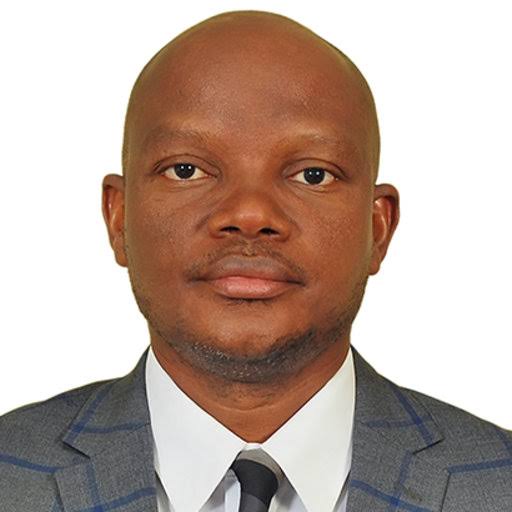The Academic Staff Union of Universities (ASUU) has issued a stern warning to the Federal Government of Nigeria, emphasizing the urgent need to honour the 2009 agreement between the two entities or face the potential of a nationwide strike. ASUU President, Professor Chris Piwuna, articulated the union’s position during a press conference, highlighting the government’s failure to address critical issues plaguing the Nigerian university system and the detrimental impact this inaction has on the quality of education and the welfare of academic staff. The unresolved issues, stemming from the stalled renegotiation process that began in 2017, have created a climate of instability and uncertainty within the academic community. The union’s stance underscores the growing tension between the government and ASUU, raising concerns about the future of higher education in Nigeria.
Central to ASUU’s grievances is the government’s failure to fulfill its financial commitments. The withheld salaries from the 2022 strike, along with unpaid entitlements related to the Integrated Payroll and Personnel Information System (IPPIS), represent a significant breach of trust and a direct affront to the livelihoods of university staff. The IPPIS, intended to streamline payroll processes, has instead become a source of contention, with ASUU arguing that it fails to adequately address the specific needs and complexities of the university system. The delayed release of revitalization funds, crucial for infrastructural development and academic resources, further compounds the challenges faced by universities. Similarly, the non-payment of earned academic allowances, which are integral to recognizing and compensating academic staff for their contributions, adds to the sense of neglect and disregard for the value of academic labor.
The government’s unfulfilled promises regarding financial injections into the university system have further exacerbated the situation. Despite commitments to allocate ₦150 billion to universities and adjust irregular allowances by 2026, these pledges remain unrealized. This lack of follow-through on financial commitments undermines the credibility of the government’s pronouncements and fuels ASUU’s distrust. The financial strain on universities, coupled with the unresolved salary and allowance issues, creates a demoralizing environment for academic staff and threatens the quality of education provided to students. The ongoing financial crisis within the university system underscores the need for a sustainable funding model that ensures the long-term viability and stability of higher education in Nigeria.
Beyond the financial concerns, ASUU has also raised serious concerns about the state of autonomy within Nigerian universities. The union alleges that political interference has tainted the selection of university leaders, citing Nnamdi Azikiwe University and the University of Abuja as specific examples. This interference, according to ASUU, compromises the integrity of the academic process and threatens the independence of universities to operate free from political pressure. Furthermore, ASUU has highlighted the marginalization and victimization of its members in state-owned institutions such as Kogi State University and Lagos State University. The denial of salaries, job insecurity, and other forms of harassment experienced by ASUU members in these institutions create a hostile work environment and undermine the morale of academic staff.
The confluence of these issues paints a troubling picture of the state of higher education in Nigeria. Universities, once regarded as centers of intellectual pursuit and innovation, are increasingly becoming battlegrounds for political and economic interests. This politicization of the university system, according to ASUU, is unacceptable and detrimental to the pursuit of academic excellence. The union’s call for a national rebirth through education underscores the critical role that education plays in national development and societal transformation. A robust and well-functioning education system is essential for empowering citizens, driving innovation, and instilling values. Without it, sustainable development and progress remain elusive.
To address the multifaceted crisis facing Nigerian universities, ASUU has proposed a national education summit. This summit, envisioned as a platform for constructive dialogue and collaboration, would focus on critical issues such as funding, autonomy, and the welfare of academic staff. The union believes that a comprehensive and inclusive approach, involving all stakeholders, is necessary to chart a sustainable path forward for higher education. ASUU remains committed to the reform of Nigerian universities and calls on patriotic Nigerians and international allies to support their struggle. The union emphasizes the importance of transforming universities into centers for solutions to national challenges and reasserts its willingness to engage in dialogue while remaining resolute in its defense of academic rights.














